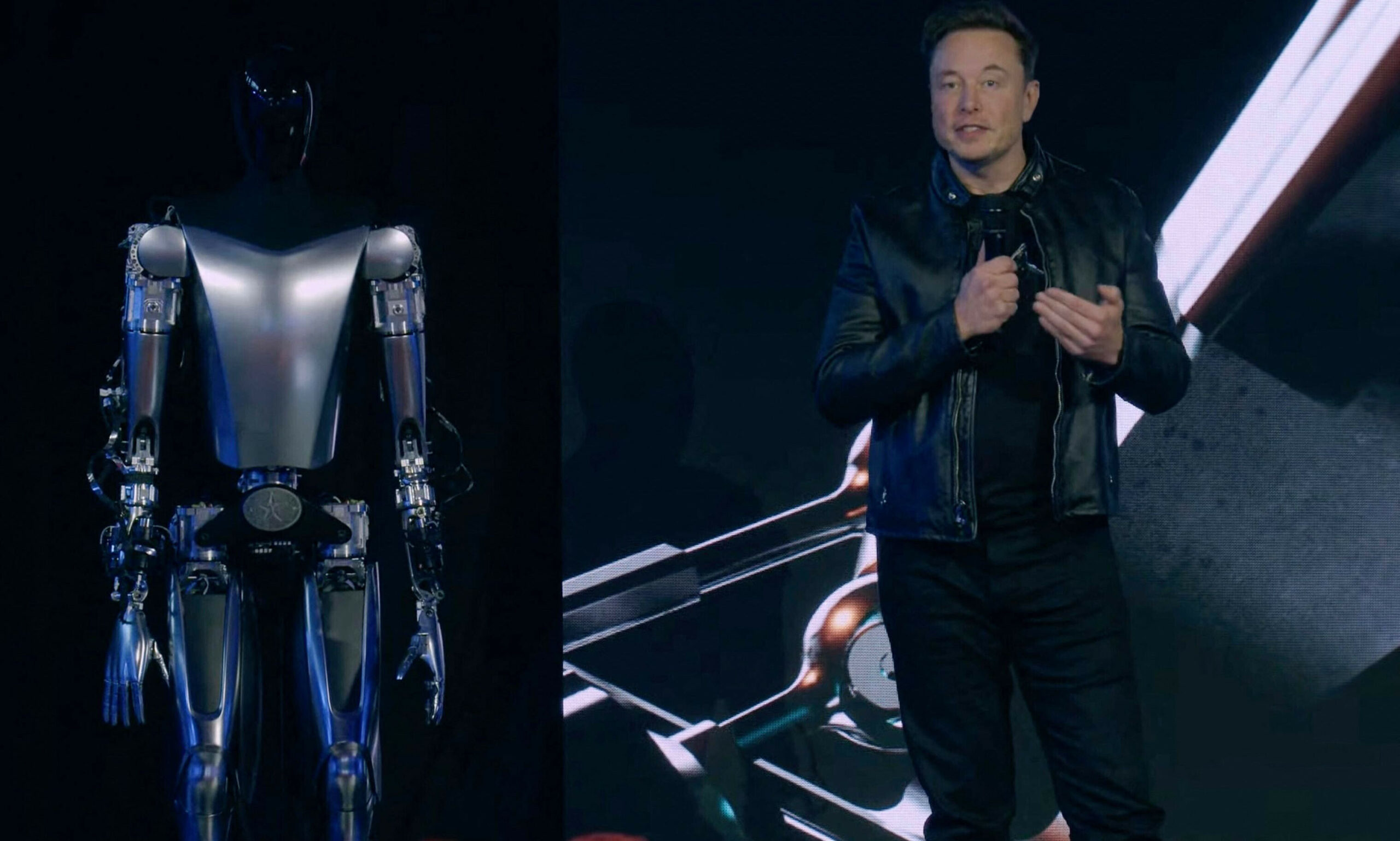Elon Musk, the visionary CEO of Tesla, has recently announced his ambitious plan to start selling humanoid robots by 2027. This news has sparked a wave of excitement and speculation in the tech world.
A Glimpse into the Future
During Tesla’s annual AI Day last year, Musk hinted that the humanoid robot, named Optimus, could be available for orders within three to five years. Further he emphasized that it would be “expected to cost much less than a car” and “probably less than $20,000,” as reported by Reuters.
Bringing the Vision to Life
Recent developments suggest that Musk is actively expanding the team working on the project to bring his vision to life. Tesla’s careers page currently lists over 50 job openings related to “Tesla Bot” or Optimus, as highlighted by the EV news site Electrek.
The Impact of Humanoid Robots
The introduction of affordable, advanced humanoid robots could have far-reaching implications for society. They could potentially take over mundane tasks, freeing up humans. However, it also raises questions about job displacement and the ethical considerations of AI.
The Economics of Humanoid Robots
With a projected price tag of less than $20,000, the Optimus robot could potentially disrupt the market for household and industrial robots.
Ethical Considerations and Challenges
The development and deployment of advanced AI in the form of humanoid robots raises a host of ethical questions. In addition this could delve into the potential challenges and dilemmas that society might face as these robots become more commonplace.
Insiders View
As we approach 2027, the landscape of robotics and AI is set to change dramatically. Moreover this could speculate on the potential advancements and breakthroughs that might occur in the coming years.




